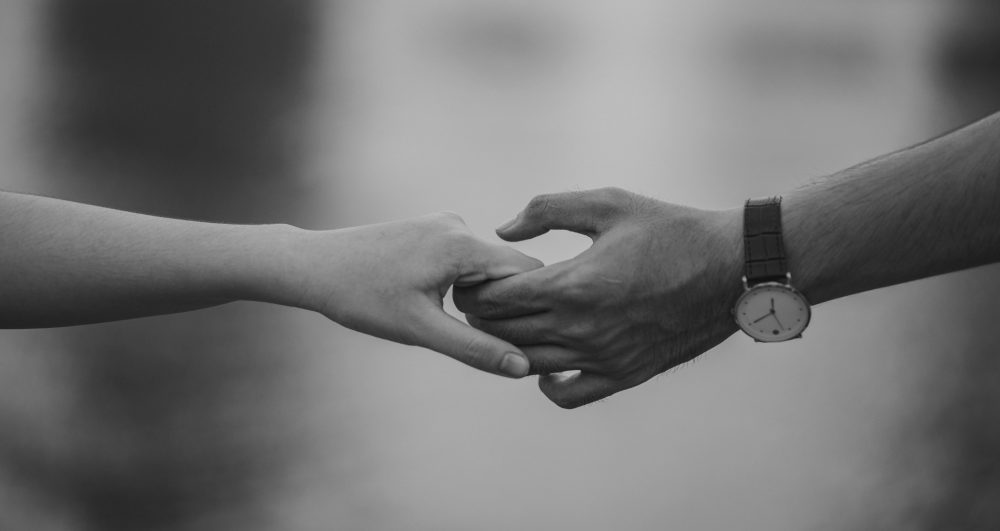Romantic relationships bring up people’s deepest issues more powerfully than any other and can therefore be a place of either incredible hurt and confusion or unparalleled joy and healing, most often a bit of both. A short course of couples counseling is often all that is needed to move things in the more positive direction.
My approach to couples counseling is twofold: teaching positive communication techniques and addressing underlying issues. As most problems in relationships are either caused by misunderstandings or exacerbated by them, learning positive communication skills can be the swiftest path towards improvement. During a counseling session, I observe a couple’s interactions and provide very specific information and suggestions and, if desired, assignments to study and practice these skills between sessions. Learning these skills and gaining proficiency in them means that the relationship can continue to grow and improve long after the couples counseling has ended.
Addressing underlying issues means looking at the emotional meaning that each person has attached to the issues and conflicts in the relationship. Couples will often have the same fight over and over again and not make any progress in solving it because the argument may not be about what it appears to be about. For instance, a couple may argue over money frequently and feel it is the main point of disagreement. But an in depth discussion about what meaning the problem has for each person could reveal a plethora of possibilities only loosely tied to finances such as: feeling loved or unloved, feeling insecure about one’s worth as a person, personal goals and frustrations about not feeling supported in achieving them, feeling in a ‘one-down’ position from the person in the relationship that earns more money, worry about not working well together as a team etc. It is these deeper concerns that need to be worked through in couples counseling in order to resolve the more long-standing issues. I work to ensure that this process is a relatively safe journey emotionally for both people, that blame and finger pointing are replaced by empathy, understanding, and a renewed sense of connection and intimacy.
Individual therapy can be the best route for working on relationship issues in many situations. Many people seek therapy after a break-up. This is a time when therapy can help not only with the grieving process but in understanding and changing patterns in partner choices and interactions and roles in relationships, setting the stage for better experiences in the future. Therapy can also improve self-esteem so it can help get you, when the time feels right, to ‘put yourself out there’ on the dating scene and find success. When partnered, therapy can help address deep-seated issues as romantic relationships evoke these like no other, giving full conscious access to what can be hidden, unconscious, at other times.
